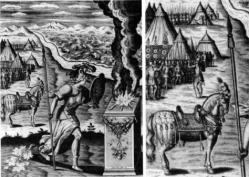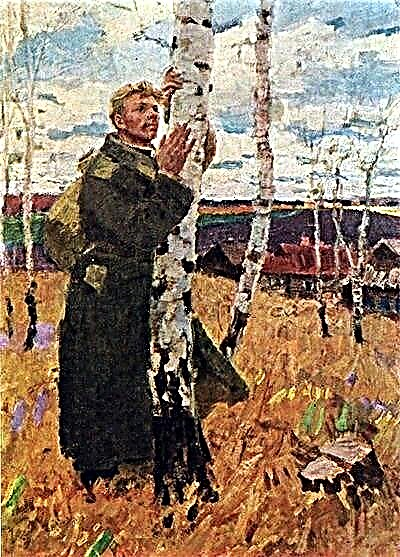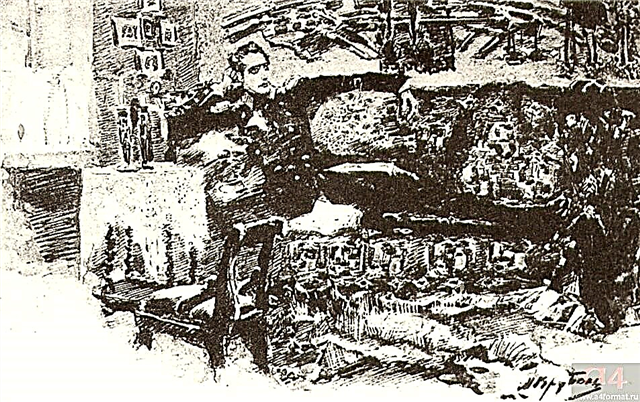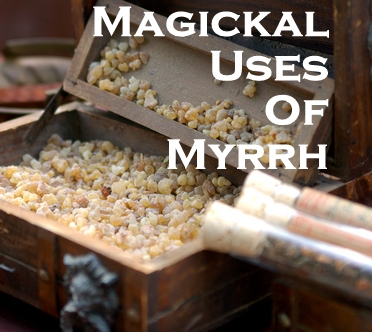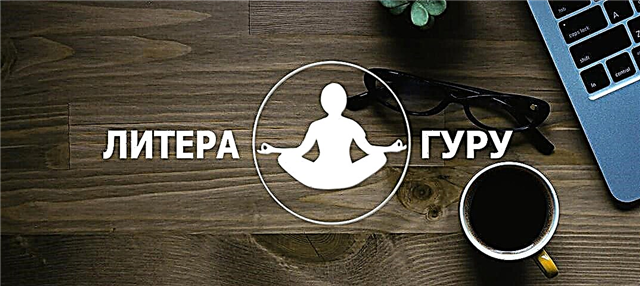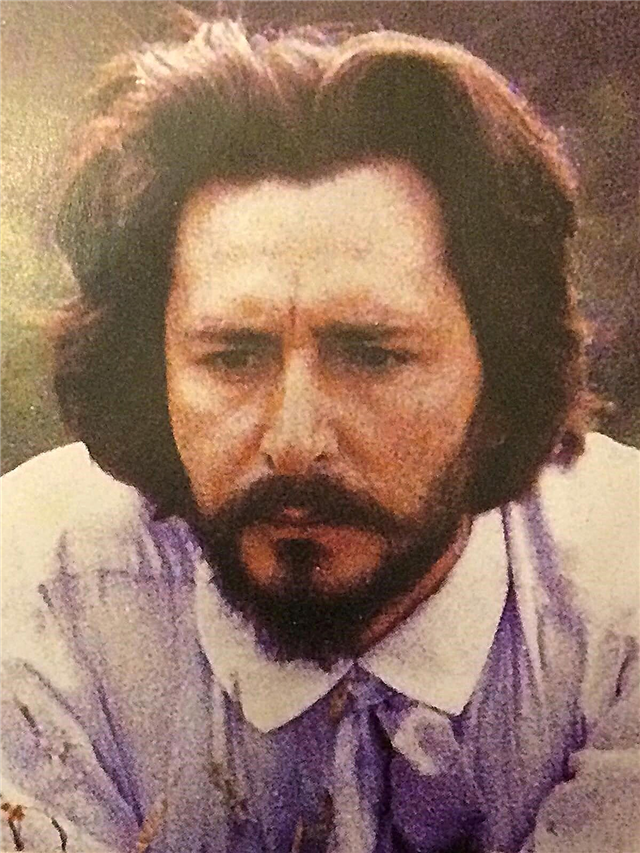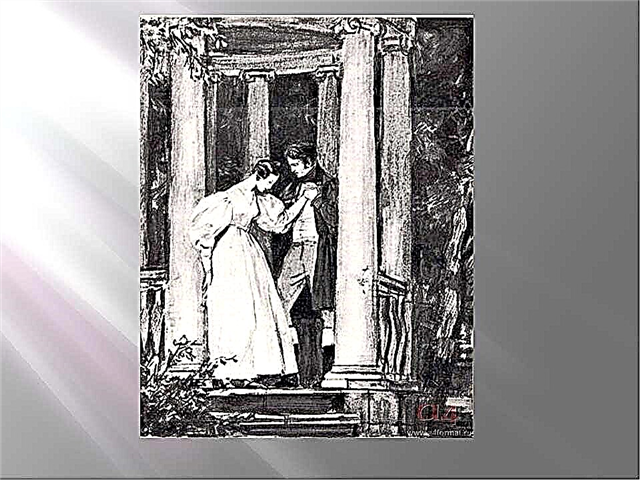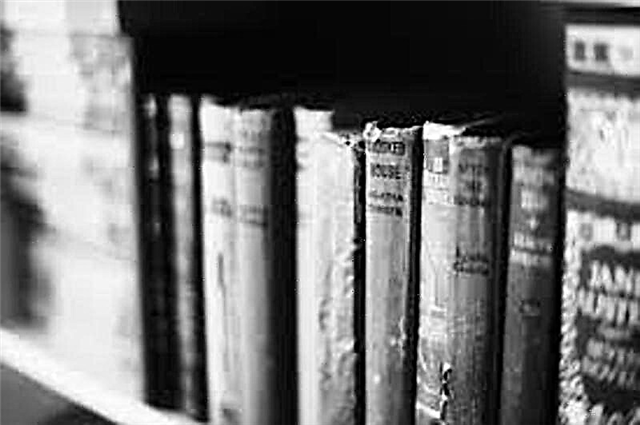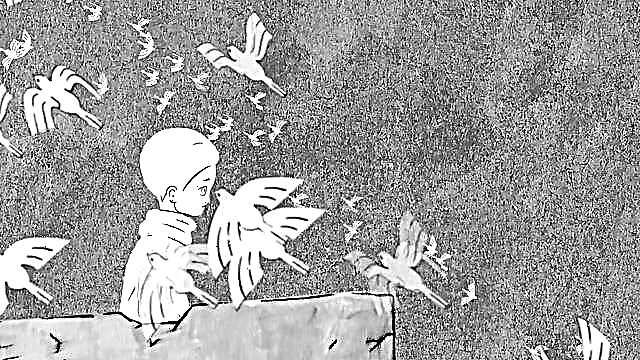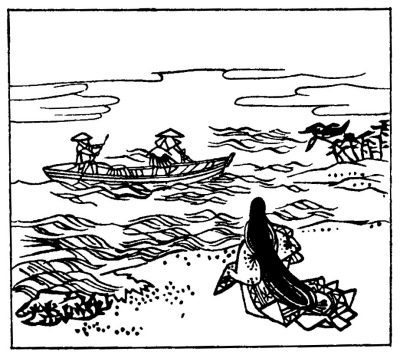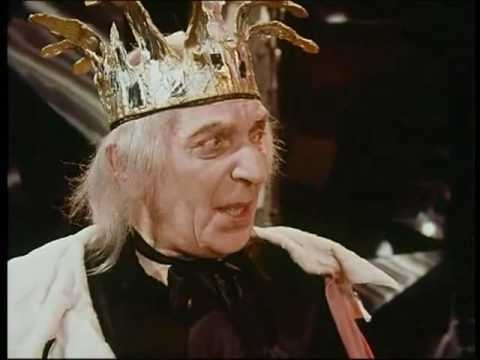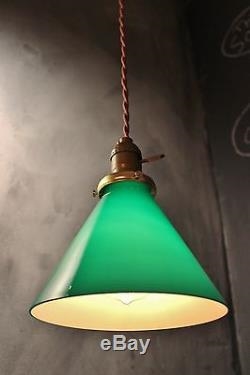The comedy takes place in Moscow in the early years of the reign of Alexander II. The old important official Aristarkh Vladimirovich Vyshnevsky, who goes into the large “richly furnished hall” together with his young wife Anna Pavlovna (both in the morning negligee) from her rooms, reproaches her for coldness, complains that she cannot overcome her indifference in any way. Vyshnevsky goes into his office, and the Vyshnevsky boy brings a letter, which turns out to be a love message from a middle-aged man who has a beautiful wife. Outraged Vyshnevskaya is going to laugh at an unpleasant admirer with her friends and leaves.
An old experienced official, Yusov, who comes to Vyshnevsky’s office and appears in his department, appears and passes into his office. Belogubov, a young subordinate of Yusov, enters. Significantly important, he leaves the head of Yusov and orders Belogubov to rewrite the paper cleaner, saying that Vyshnevsky himself chose him as a scribe, happy with his handwriting. This delights Belogubov. He only complains that he is not strong in his letter and that Zhadov, Vyshnevsky’s nephew, who lives in his house on everything ready and also serves under Yusov’s leadership, laughs at him. Belogubov asks for the place of the clerk, who will be "for life", and explains the request with a desire to get married. Yusov favorably promises and also reports that Vyshnevsky, dissatisfied with his nephew, intends to invite him to leave the house and try to live on his ten-ruble salary on his own. Zhadov appears to talk with his uncle, but he has to wait in the company of Belogubov and Yusov, who grumbles at him and blames excessive ambitions and unwillingness to do clerical work. To the aunt who appeared to be friends with him, Zhadov said that he decided to marry a poor girl and live with her labor. Aunt expresses doubt that the young wife will want to live in poverty, but Zhadov thinks of raising her in her own way, assures that, no matter how hard it is for him, he will not give up even “a millionth share of those convictions that <...> are obliged to bring up ". However, he reports that he wants to ask his uncle for an increase in his salary. Appearing, Vyshnevsky and Yusov are beginning to scold Zhadov for inaccurate going to office, for the "stupid speeches" that he makes before his colleagues, laughing at him for the eyes. Vyshnevsky sharply condemns the intention of a nephew, who has no funds, to marry a dowager, they quarrel, and Vyshnevsky, declaring that he is ending relations with Zhadov, leaves.
Vyshnevsky asks Yusov who his nephew is going to marry, learns that he is one of the daughters of the poor widow of official Kukushkina. Vyshnevsky also instructs to warn the widow so that she does not destroy her daughter, does not give up "for this fool." Left alone, Yusov scolds new times when "the boys began to talk," and admires the "genius" and the scope of Vyshnevsky. However, he expresses concern over the fact that he "is not quite firm in the law, from another department."
The second action takes place in a poor living room in the house of the widow Kukushkina. Sisters Yulenka and Polina are talking about their suitors. It turns out that Yulia doesn’t like Belogubov (“terrible rubbish”), but she’s glad, at least for her, to get rid of her mother’s grunts and reproaches. Polina says she is in love with Zhadov. Appearing Kukushkina begins to cut Julia for the fact that Belogubov does not make proposals for a long time. It turns out that Belogubov intends to marry as soon as he gets the place of the clerk. Kukushkina is satisfied, but at the end of the conversation she says to her daughters: “Here is my advice to you: don’t give the husbands to the husbands, so grind them every minute and get money.”
Belogubov and Yusov come. Kukushkina, left alone with Yusov, asks for a place for Belogubov, he promises. Yusov warns Kukushkina about the "unreliability" and "freethinking" of the groom Polina Zhadova. But Kukushkina is sure that all of Zhadov’s “vices” “from a single life,” marrying - will change. Zhadov appears, the elders leave the young people alone with the girls. Belogubov talks with Yulia and promises that the wedding is just around the corner. From the conversation of Polina with Zhadov it is clear that, unlike her sister, she sincerely loves Zhadov, honestly talks about her poverty, that they have “all deception” at home. However, he asks Zhadov if he has any acquaintances who, according to Belogubov, will give them gifts. Zhadov explains that this will not happen and that he will reveal to her "the high bliss of living with his labor." Zhadov declares his love and asks Pauline for Kukushkina’s hand.
The third action takes place in the inn, after about a year. Jadov and his university friend Mykin come in, drink tea and ask each other about life. Mykin teaches, lives, "in accordance with the means", this is enough for a bachelor. “Our brother doesn’t marry,” he teaches Zhadova. Zhadov is justified by the fact that he is very fond of Pauline and “married for love. He took an undeveloped girl, brought up in public prejudice, "and the wife suffers from poverty," pouting a little, and sometimes crying. " Yusov, Belogubov and two young officials appear, who came to have a meal on the occasion of a successful business, which brought Belogubov a “jackpot”, which treats the company. He is good-naturedly trying to invite the "brother" Zhadov (now they are relatives of his wives), but he rather sharply refuses. Yusov formulates a peculiar ethics of the bribe taker: "Live by the law, live so that the wolves are fed and the sheep are safe." Satisfied with his youth, Yusov starts dancing and gives a speech about his virtues: the father of the family, the mentor of youth, the philanthropist who does not forget the poor. Before leaving Belogubov “in a kindred way” offers Zhadov money, but he indignantly refuses. The officials are leaving. The solicitor Dosuzhev sits down to Zhadov, ironically commenting on the scene seen. They are drinking. Remaining alone, the drunken Zhadov sings "The Luchinushka", the sexual one sends him out with the words: "Please, sir! Not good, sir! Ugly, sir! ”
The fourth action takes place in Zhadov’s “very poor room”, where Polina is sitting alone by the window, complaining of boredom and singing. A sister comes, tells how her husband’s affairs are going well, how Belogubov spoils her, Julia pities Polina, scolds Zhadov, indignant that he “does not know the current tone. He must know that man is made for society. ” Julia gives her sister a hat and tells Zhadov to explain that his wife "will not love for nothing." Left alone, Polina admires her sister’s mind, rejoices at the hat. Here comes Kukushkina. She scolds Polina that she does not require money from Zhadov, considers her daughter “shameless” because she has “all the tenderness on her mind”, praises Yulia, talks about the dangers of smart people who believe that taking bribes is dishonest. "What kind of word is a bribe?" They themselves invented him to offend good people. Not bribes, but gratitude! ”
Zhadov appears, Kukushkina begins to scold him, and Polina assentes her. There is a quarrel, Zhadov asks the mother-in-law to leave. He sits down to work, but Polina, remembering the lessons of her relatives, begins to cut him for the lack of money for pleasures and outfits, repeating the words of Julia. They quarrel, and Polina leaves. Zhadov feels that he is unable to part with his wife, and sends the servant to catch up with Polina. Returning Pauline demands that he go to his uncle to ask for a profitable place. Zhadov surrenders, sobbing, he sings the song of bribe takers from Kapnist’s comedy “Yabed”. Frightened Polina is ready to retreat, but Zhadov calls her to go to Vyshnevsky together.
The last action returns us to Vyshnevsky’s house. Vyshnevskaya alone reads a letter from her ridiculed admirer, who informs her that, in revenge for her act with him, she will send her husband letters from Vyshnevskaya to a young official Lyubimov, which she accidentally got to him. She is not even afraid, she is going to reproach her husband that he bought her from relatives and broke her life. At this time, Yusov appears, muttering vague phrases about the vicissitudes of fate and the destructiveness of pride. Finally, it turns out that Vyshnevsky’s “for omissions” and “discovered shortcomings of the sums” are put on trial, and the cautious Yusov says that he himself “is not subject to great responsibility”, although with the current severity he will probably be dismissed. Vyshnevsky appears. Angrily pushing his wife expressing compassion, he turns to Yusov: “Yusov! Why did I die? ” “Turns ... fate, sir,” he answers. "Nonsense! What is the fate? Strong enemies are the reason! ” - objects Vyshnevsky. Then he gives Vyshnevskaya letters sent to him to Lyubimov and calls her "a depraved woman." In an extensive monologue, Vyshnevskaya denies the allegations.
Then the Zhadovs appear. Reluctantly, Zhadov humbly asks for a wife a profitable place. Amazed Vyshnevsky shows a malevolent delight from such a turn of events. He and Yusov mock Zhadov and in his fall see the essence of the new generation. Zhadov came to his senses, talks about his personal weakness and that there are honest people in every generation, promises that he will never go out of his way again, and turning to his wife, he lets her go free if it is difficult for her to live in poverty, but Polina assures that she was not going to leave him, but only followed the advice of her relatives. The Zhadovs kiss and leave, Vyshnevskaya admonishes them with a wish for happiness. Yusov runs in with the message that Vyshnevsky has a hit.

